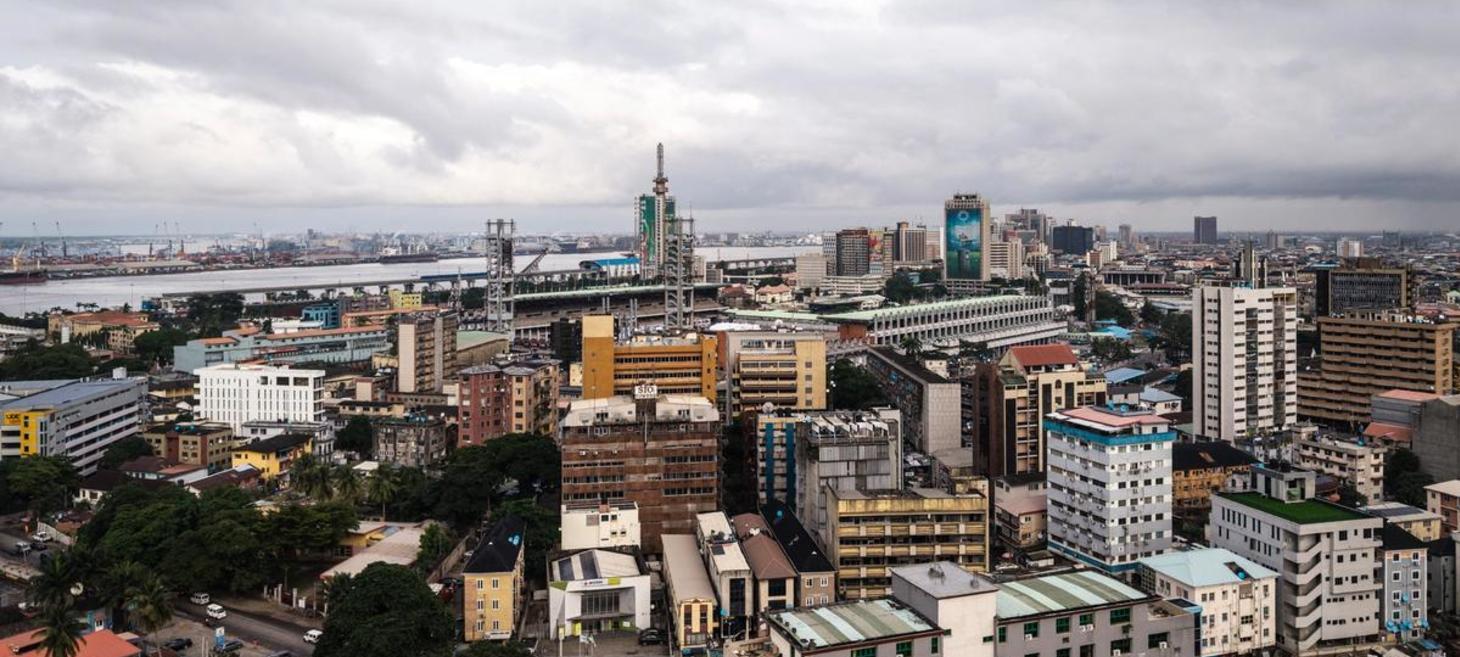Digital Finance

What if fintech worked for the people who don’t download fintech?
A rural bank’s quiet experiment suggests a different playbook for financial wellness with default-on protection, trust-first design, and branch-led delivery.
Innovation

AI fintech Optasia eyes major Africa expansion
AI-powered fintech company Optasia hopes to expand into most African countries over the next five years to increase its base of 120 million monthly active customers, its chief executive told Semafor in Johannesburg.
AI

How AI Is Transforming Customer Service in Fintech
The fintech industry has always been driven by innovation. From digital wallets to robot advisors, technology has redefined how people manage and invest their money. Now, a new wave of transformation is reshaping the way fintech companies connect with their customers – Artificial Intelligence (AI).

Alibaba founder Jack Ma visits Ant Group campus as fintech giant ramps up AI efforts
Ma’s visit marks almost a year since he publicly endorsed Ant Group’s AI initiatives during the firm’s 20th anniversary
Venture Capital

Chargeflow bags $35m Series A
Now serving around 15,000 merchants, Chargeflow is expanding its focus beyond small businesses to enterprise clients, with a dedicated sales team established in New York this month.

Zopa Partners Invesco to Bring Investment Services to First-Time Investors
Collaboration offers multi-asset funds and Stocks & Shares ISAs via Zopa’s platform
Digital Banking

Could Octopus Energy’s Kraken make the leap to banking?
Leveraging data from across their business and their experience of creating Kraken, could an energy giant like Octopus expand into banking?
Technology

African fintech PalmPay, Wave, MNT-Halan, Paga see neobank boom
African fintech startups are betting on a raft of new services and geographical expansion to build on the momentum from an expected boom in customer demand.
In Nigeria, digital banking app PalmPay is evolving from merely providing quick money transfers between bank accounts to offering a health insurance feature that has enrolled one million people since its launch in 2024, with plans to add other types of insurance.
Acquisition
Lloyds to buy UK fintech Curve
The deal, rumored to be for £120 million, drew protests from investor IDC Ventures, which said the sale defies shareholder interests. Curve’s CEO once projected a $50 billion valuation by 2029.
Europe

UK Launches £10B AI Growth Zone in South Wales
Ahead of next week’s UK Budget, the government has outlined a series of measures aimed at supporting investment, job creation, and economic growth across the country as part of its Modern Industrial Strategy.

Danish startup Flatpay joins the club of European fintech unicorns to track
Flatpay, which facilitates card payments for SMBs, has joined the ranks of European fintech unicorns — or startups valued at more than $1 billion — a milestone that has driven some of the region’s biggest exits. These include competitors like Adyen, a Dutch payment processing giant that remains far ahead in scale. However, Flatpay’s fresh funding could help it narrow the gap.